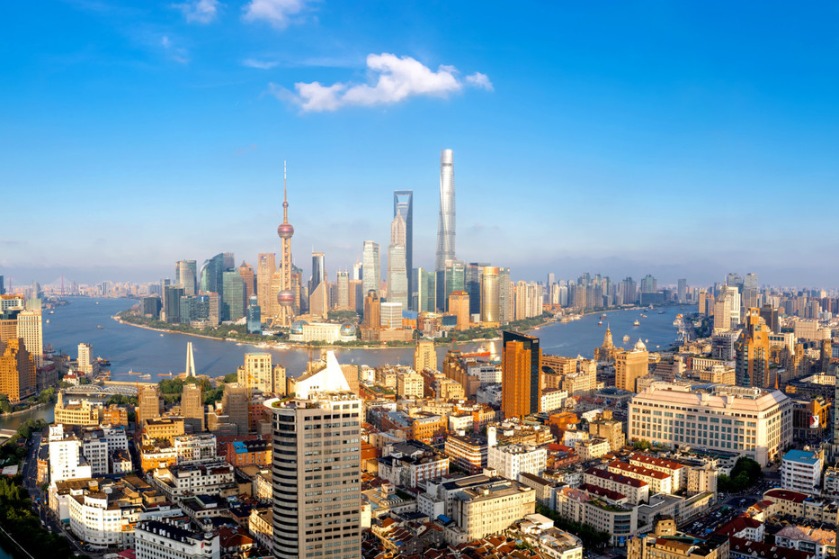US' cybersecurity warning is more misinformation as part of its plans: China Daily editorial


The United States is known to be the world's biggest cyber threat.
The US National Security Agency has been revealed to be involved in various global surveillance activities over the years. Among those that have come to light is its well-known PRISM program enabling the agency to collect and analyze the user data from major technology companies such as Google, Microsoft, Apple and Facebook, among others, including emails, chats, photos, and videos. XKeyscore, which is used to collect and analyze internet browsing activities and emails worldwide, and the Upstream Collection program for the interception and collection of communications from the internet backbone, such as major internet cables and switches, both domestic and foreign, are other prominent examples.
Paul Nakasone, a general in charge of the US military's Cyber Command and concurrently the director of the NSA, has also admitted that US military hackers are engaged in planting cyber bombs that can disable infrastructure. He called the tactic "defending forward". US intelligence officials have also admitted that they have leaked intelligence to the media about the conflict in Ukraine that was either "not rock solid" or was totally made up on multiple occasions.
Despite this, the US likes to play the role of victim, pointing an accusing finger at countries such as China, alleging they engage in hacking attacks on its officials, companies and government agencies, as well as those of its allies.
In a recent development, the US has accused hackers from China's People's Liberation Army of having compromised classified defense networks of Japan in 2020, in "one of the most damaging hacks in that country's modern history".
The Washington Post quoted a former US military official as saying the breach was "bad — shockingly bad", and said it was only after repeated warnings from the US that Japan started ramping up its network security — boosting its cybersecurity budget tenfold over the next five years and increasing their military cybersecurity force fourfold to 4,000 people.
Yet Japan's Chief Cabinet Secretary Hirokazu Matsuno said the following day that the country could not confirm whether any security information had been leaked due to cyberattacks. This cannot but make people wonder whether the US made up a breach of Japan's network defense systems by China based on its own activities. As WikiLeaks revealed in 2015, the NSA has spied on Japanese Cabinet members and the corporation Mitsubishi, among other Japanese entities.
It seems the unfounded allegation of Chinese hacking was made to press Tokyo to hike its defense budget and capabilities. According to the Post report, US Defense Secretary Lloyd Austin has already told Tokyo that enhanced data-sharing to enable advanced military operations "could be slowed if Japan's networks are not better secured". It is the snooping of its supposed ally that Tokyo should be alert to, and the role it may have planned for it.


































